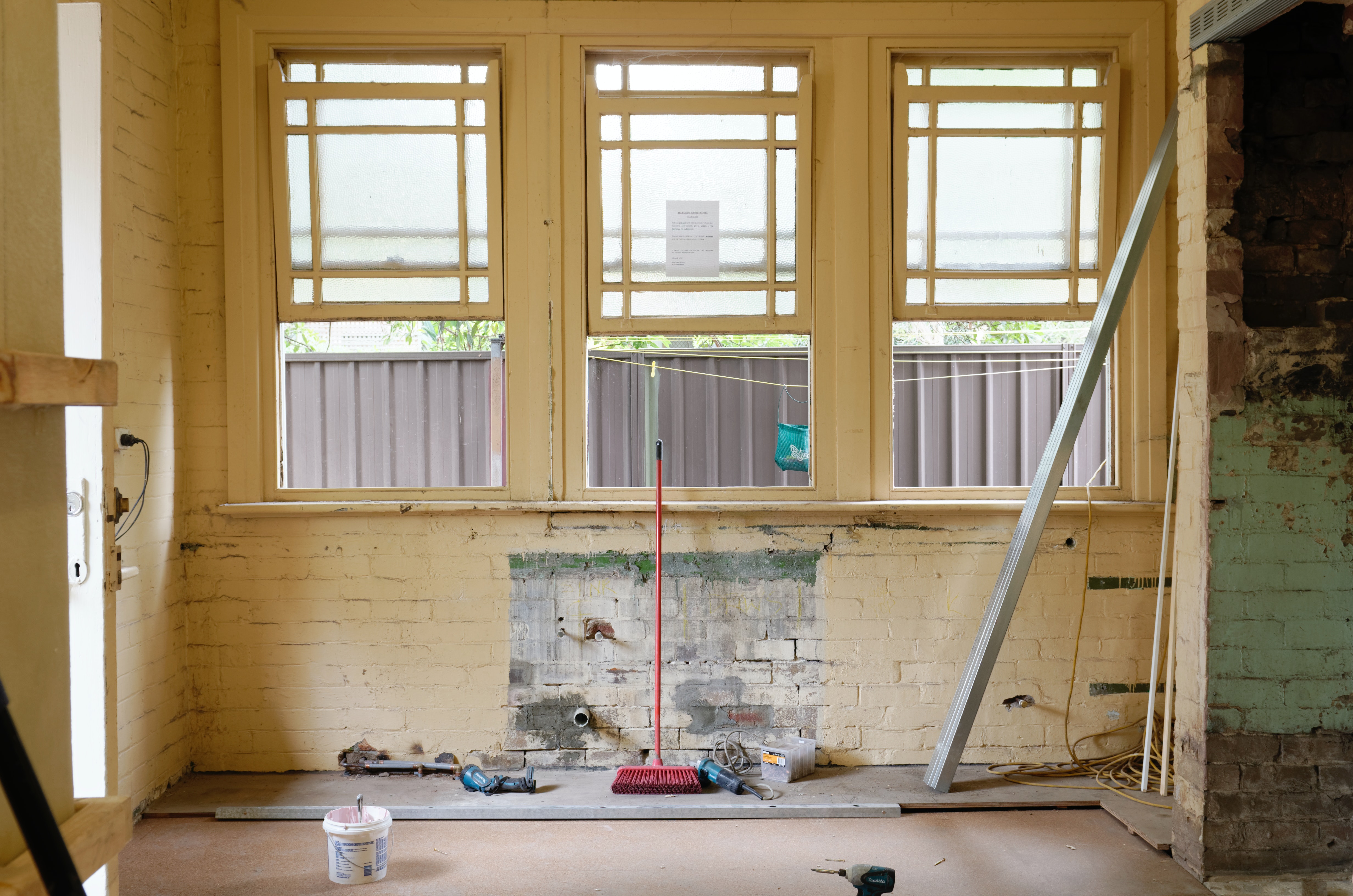Buying a house is a huge investment and can be a very emotional process. Understanding your current needs, and anticipating your future needs, is crucial in this process.
You need to be careful to avoid letting your emotions get the best of you if you want to avoid making these mistakes:
Not Setting Your Budget Correctly
House hunting can be an emotional process, and once you find your dream home it can be very hard to forget it. However, if you can’t afford to buy that house you’re either going to be disappointed that you've lost out on "the one" or you'll try to stretch your budget to make it work which is not a smart idea.
Save yourself the heartbreak and set a maximum budget you can spend, and start your home search below that maximum budget. That way, when you find a home that satisfies you at a potentially lower range there’s no need to search for something more expensive. Remember that even a difference of several thousand dollars can end up inflated once you factor in interest rates and other costs.

Not Getting Pre-Approved
Getting a pre-approval should be the first step that any buyer takes when beginning the process of searching for and buying a home. A pre-approval letter from a mortgage lender indicates that they have reviewed your finances and the lender will approve you for a home loan of a certain amount, pending a final review of their finances and the property being purchased. This document is crucial to help you anticipate your own budget, and it is also a great way to show sellers you’re serious about purchasing a home.
A mortgage lender can help you figure out how much of a loan you can be approved for and assist you in figuring out what steps to take to improve your financials and increase the loan amount if necessary.

Overlooking Important Flaws
Sometimes in your search for homes you'll need to compromise on certain things, especially if you have a tight budget. Getting a fixer-upper could be a good thing if you can obtain a good deal and have the time and budget to make it work out. But this may not always be the case.
Make sure you consult your agent to help you identify a home’s flaws. In these instances, it will also be better to look at a home objectively. Evaluate yourself and consider what you can and can’t do and also the time you can spare to wait before moving in while the house is being repaired. If you can’t handle the work or readily afford repairs then it will be better option to let that house go and move on to others.

Search is Too Narrow
While you may have the ideal location or neighborhood in mind, you need to be open-minded on the possibilities other areas may also offer. Being too stringent with geographical limitations could make you miss out on other opportunities in other locations.
The wider your search, the more properties you'll find within your price range. This is where your Realtor comes into play. By having a wide range of properties they can access, they can provide you with recommendations which you would not have found or thought of otherwise.

Not Having An Agent
Navigating the real estate world can get very tricky and sometimes confusing, especially if you’re a first time buyer. Your Realtor will be your advocate, and they are held to the ethical rule that they must act in the best interests of their client (buyer or seller).
Make sure to get an experienced Realtor who can be your expert on the local market. Not only will they will have the insight to help guide you through the selection process, they also generally have access to a wider array of available listings versus what you can find online.

Selling Your Home?
Get your home's value - our custom reports include accurate and up to date information.






